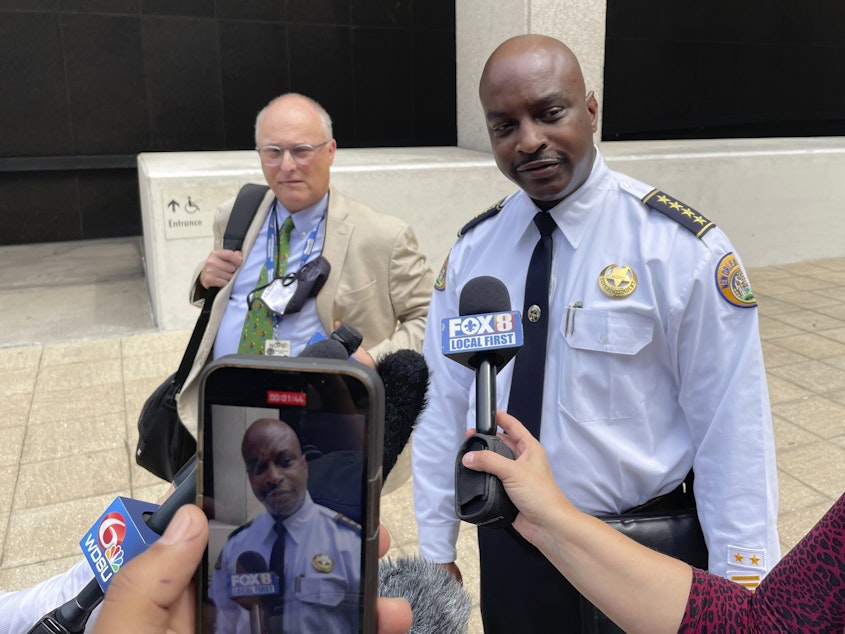The New Orleans police department is hiring civilians to help its officer shortage

Over the past few years, police departments across the country have had trouble bringing on new recruits. The New Orleans police department is getting creative, and will be hiring civilians to perform some tasks.
They will have duties such as monitoring phone and online reports, issuing traffic citations, surveying major events like Mardi Gras and the Essence Festival and even doing some investigative work.
Civilians would additionally be dispatched to calls that may not require an officer, such as collecting preliminary evidence, securing loose pets and responding to forgery, certain medical episodes and some thefts, New Orleans Police Superintendent Shaun Ferguson said last Thursday.
"The goal of all of this is to make our officers feel safe so that they can make our citizens and visitors feel safe," Ferguson said. "This is also to reduce some of the workload currently placed on our patrol and district personnel. But more importantly this is designed to reduce response time and address the backlogs in which we have in some of our districts."
The department will hire between 50 to 75 civilians. It is still putting together a training curriculum for civilian recruits, Ferguson said. They are also hiring other more qualified positions.
Other changes to the hiring process include no longer evaluating credit scores or asking potential hires if they ever used marijuana prior to applying to the force.
Response times for priority calls are at 11 minutes, though Ferguson would like to get them to the single digits, he said.
"This is all in an effort to be in...more of a competitive position to hire more employees with the New Orleans Police Department," Ferguson said. "So my message to those that may have been disqualified for any of these reasons in the past – I'm urging you to resubmit your application because some of our hiring criteria has changed."
Ferguson added: "If you are looking for a job, we are hiring, we are definitely hiring". [Copyright 2022 NPR]

